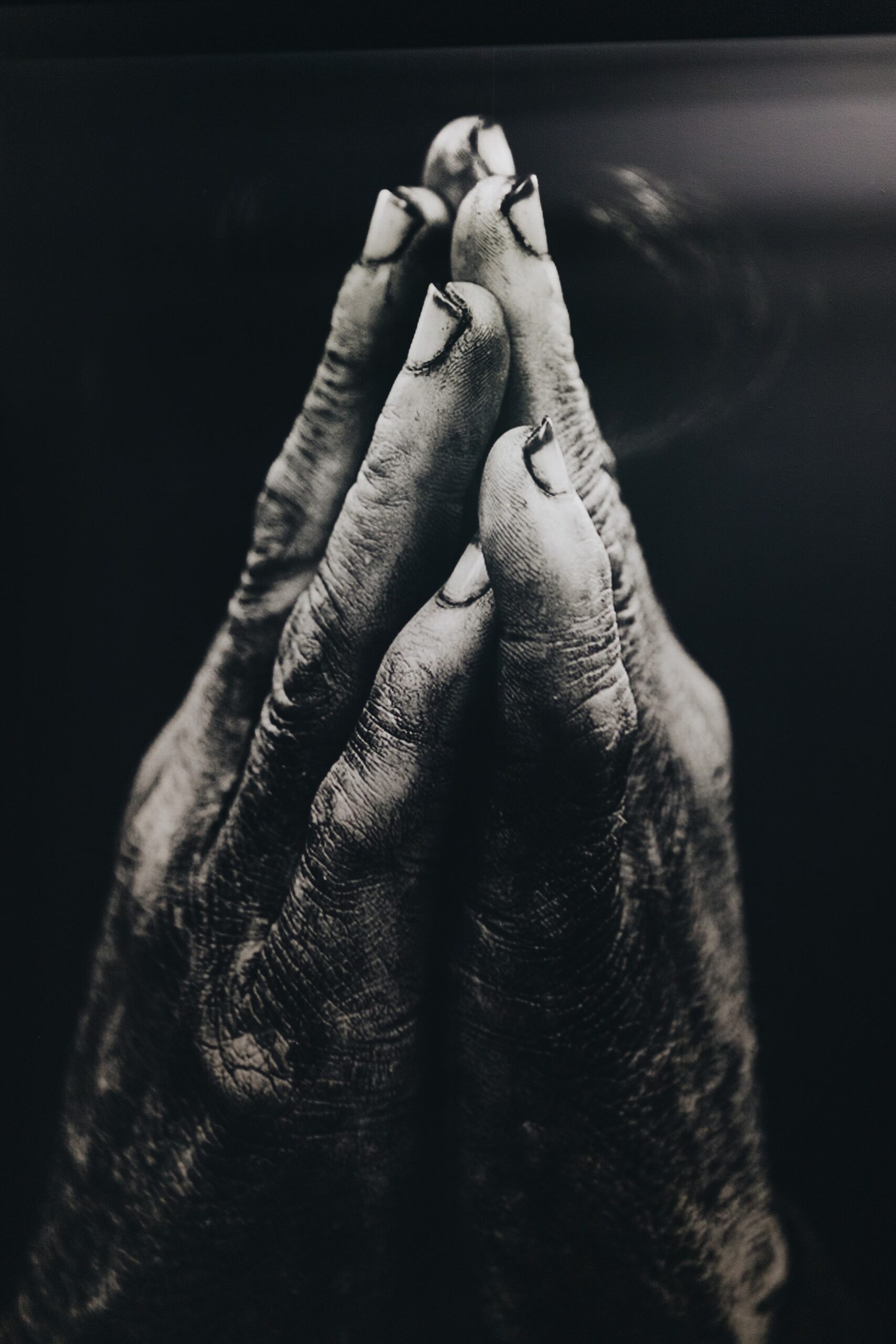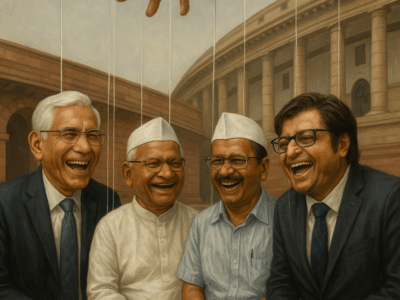
The only defence (offence?) faith-heads (Hindu, in my case) seem to have whenever they wish to debate an atheist is to ask (rhetorically, I presume) if they mock other religions and their gods too, which they mistakenly assume we don’t.
The quick answer to your question is: Yes, I do.
The simple truth is this: We mock all dogma. This includes gods and religion. All gods and religion. Without exception. And yes, that includes Christian ones. And Islamic ones. And some religions you haven’t even heard of. We mock every stupid, silly, dogmatic belief that is held in the absence of evidence, some indeed in the face of evidence to the contrary. Nothing is out of bounds. If it hurts you, too bad. If it hurts your god (are you serious?), too bad. Your feelings be damned. Your scriptures be damned. And your imaginary friends be damned. If you wish to experience this, join any atheist group anywhere in the world on any forum with any number of members. Indeed, chances are you’ll be amused at first when you see gods and religions other than yours being mocked and laughed at. Until you see your own. Then, you’ll be angry. But you can take that anger and shove it up your righteous ass. No one cares.
Now, to the more complex answer: I was born to Hindu parents in a Hindu-majority society and raised as a Hindu from childhood. I had to unlearn and relearn quite a few things to decondition myself from the silly superstitious beliefs of my parents. While doing that, I realised I knew the most about Hinduism and the cultural vicinity where it placed itself, about its rituals and systems, about its dogmas and traditions, about its injunctions and prohibitions, about its public and private practice (and image), about its coarse tenets and nuances, about its history and mythology, about its books and scriptures, about its gods and demons, about its heaven and hell, about its politics and its spiritualism, about its leaders and priests, about its pillars and institutions, and about its effect on society and social order. Indeed, before I became an ex-Hindu, I was a Hindu. And a practising one at that. Which is more or less the same for others. An ex-Muslim was a Muslim before they became enlightened, and knows most about their religion and its theory & practice as compared to others. Ditto ex-Christians. Or ex-Jews. Or ex-Buddhists. Or ex-Jains. Or ex-Sikhs. Or those formerly of any other faith.
So, the first reason is that I know more about the religion of my parents, and hence, I tend to speak mostly of it.
The second reason is that we live in a Hindu-majority country where Hindu religion and its associated cultural markers, rituals, and beliefs are part of mainstream life: personal, professional, and political. I encounter Hindu thought and the Hindu way of life more often than I do any other. I have to deal with Hinduism’s belief systems on a daily basis. I have to take into consideration Hindu society while leading my everyday life. Also, as a proportion of everyone I meet and interact with, it is mostly Hindus that I deal with in my life. And so, it is this religion and its gods and beliefs that I tend to speak about mostly.
The last reason is that regardless of my exit from the formal religion and my distancing from its dogma and its gods, I am still identified as a high-caste Hindu from my name, my mannerisms, my family, my background, my lifestyle, my diction, my accent, my food habits, and so on. This means that for all practical purposes for the external world, I am a high-caste Hindu, and all such problems that are associated with this identity are mine to address. I still enjoy the power, privileges, and perquisites of being an urban, educated, cishet male Kokanastha Brahmin in Pune, India. And those perks are considerable. Whether I want them or not. In a way, even if I have chosen to leave religion, religion has not left me. Inside this identity, however enforced without my consent, I look around and see burning issues (like caste oppression, patriarchy, superstition, pseudoscience, woo, frauds, science deniers, regressive thinking, bigotry, xenophobia, and so on) I need to make my voice heard on. And then, I do. Indeed, I wrote about it here a couple of years ago when I said, ‘You are a true atheist or rationalist only if you speak up against the religion of your parents first. And loudest.’ I still stand by it. And that is why I tend to speak mostly of and on Hinduism.
This should put an end to the needless debate once and for all.
To summarise: I mock all dogma, including all gods and religions. But mostly, I tend to speak on and of Hinduism, and increasingly, its militant political arm, Hindutva. As a Hindu, you should not be questioning why I speak of the problems in your religion so much. You should be asking yourself why you don’t.

















